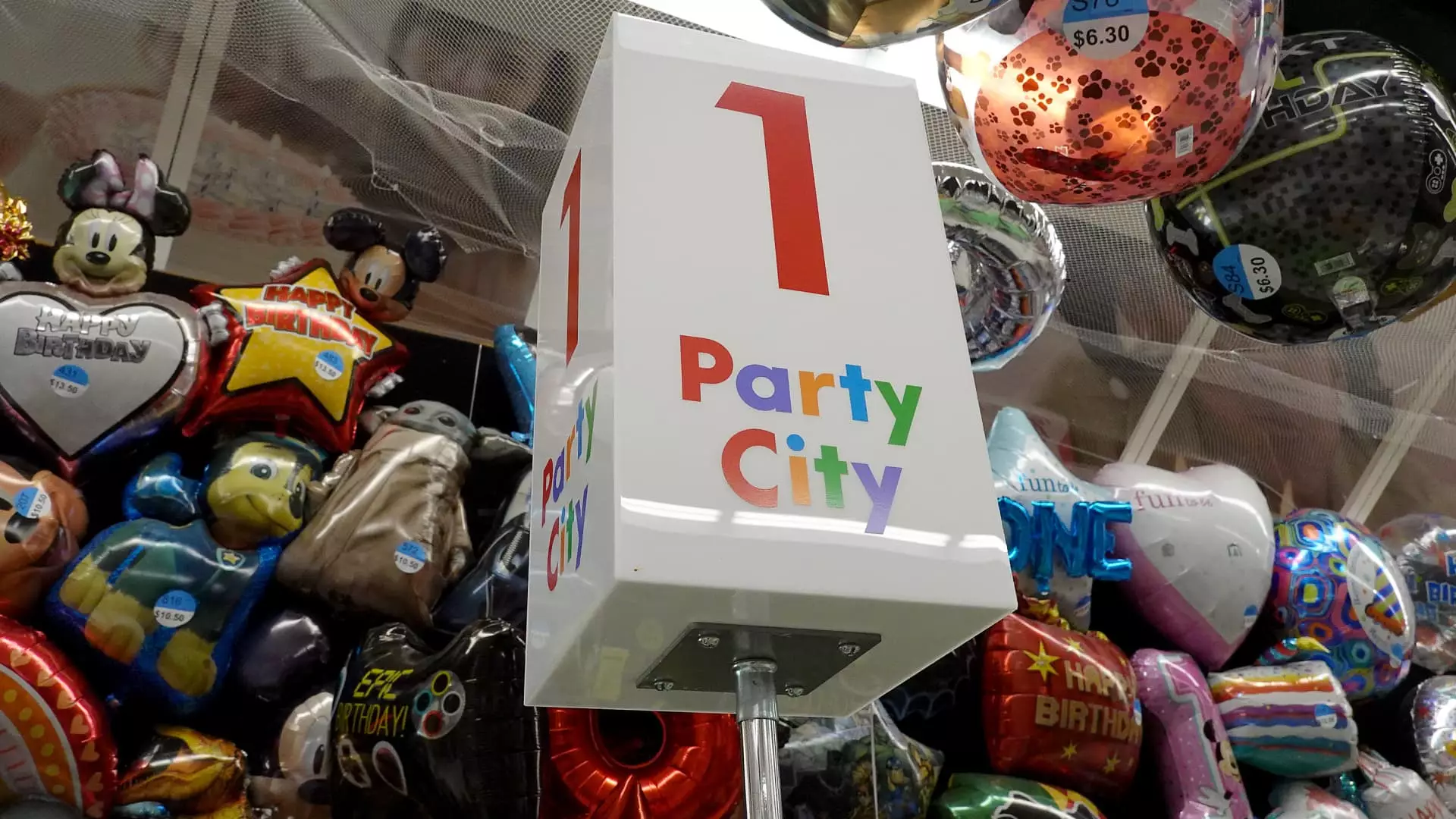In a distressing turn of events, Party City has announced that it will shutter all its stores, leading to immediate layoffs across the company. As reported by CNN, CEO Barry Litwin broke the disheartening news to staff in a meeting, expressing the gravity of the situation by stating that the company is forced to “commence a winddown process immediately.” For many employees, Friday marked not just an ending of operations but also an abrupt conclusion to their jobs, a decision Litwin described as the most challenging message he has ever had to deliver. This abrupt dismissal underscores the precarious nature of the retail industry, particularly for businesses struggling to maintain market relevance.
The decision to close stores stems from prolonged financial difficulties that have plagued Party City. Only two years prior, the retailer filed for bankruptcy due to a staggering $1.7 billion debt. Although it managed to exit bankruptcy in September 2023, restructuring to become a privately-held entity and eliminating nearly $1 billion in liabilities, the foundation laid down during these tumultuous times was evidently insufficient to ensure long-term survival. Despite the optimism expressed by Litwin—who was appointed CEO shortly before this crisis—regarding the potential for financial stability and enhanced consumer experiences, the reality was far grimmer.
The landscape of party supply retail has evolved significantly in recent years. Competition from entities such as Spirit Halloween and online retailers has intensified. Spirit Halloween’s foray into the party goods sector, expanding its operations with new “Spirit Christmas” stores, highlights how aggressive competitors can disrupt traditional business models. The rise of e-commerce has further eroded Party City’s market share, despite efforts to adapt by offering products on platforms like Amazon. Such rapid changes reveal the vulnerability of legacy retailers that fail to pivot quickly enough in response to evolving consumer behaviors.
Leadership during crises is crucial, and Barry Litwin’s tenure at Party City was marked by attempts to navigate difficult waters. Prior to his role, he was the head of Global Industrial Company, suggesting that while he may possess valuable experience in distribution, the intricacies of retail management, especially during a downturn, require a different strategic mindset. His initial vision for Party City involved capitalizing on opportunities to enhance consumer experiences, but this vision appears to have faltered under the weight of financial instability and fierce competition.
The closing of Party City serves as a stark reminder of the volatile nature of the retail sector. It underscores the essential need for adaptive strategies in a world where consumer preferences shift rapidly and competition continues to grow. With retail giants facing the specter of closure, there is a pressing need for businesses to innovate continuously, remain agile, and understand the significant impact of market dynamics on their longevity. As Party City fades into memory, the lessons from its demise can inform current and future enterprises navigating similar challenges in an ever-evolving retail landscape.

Leave a Reply